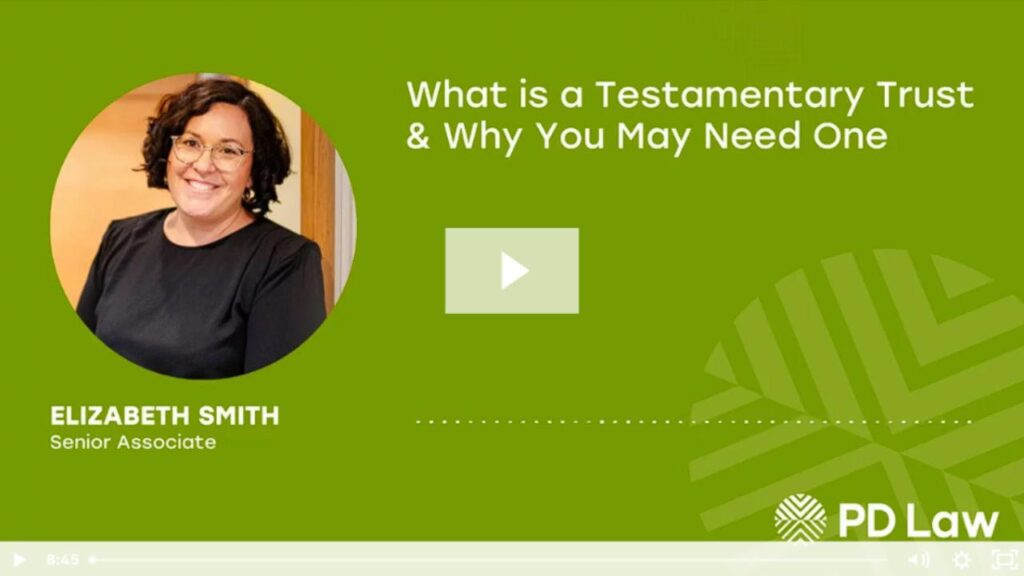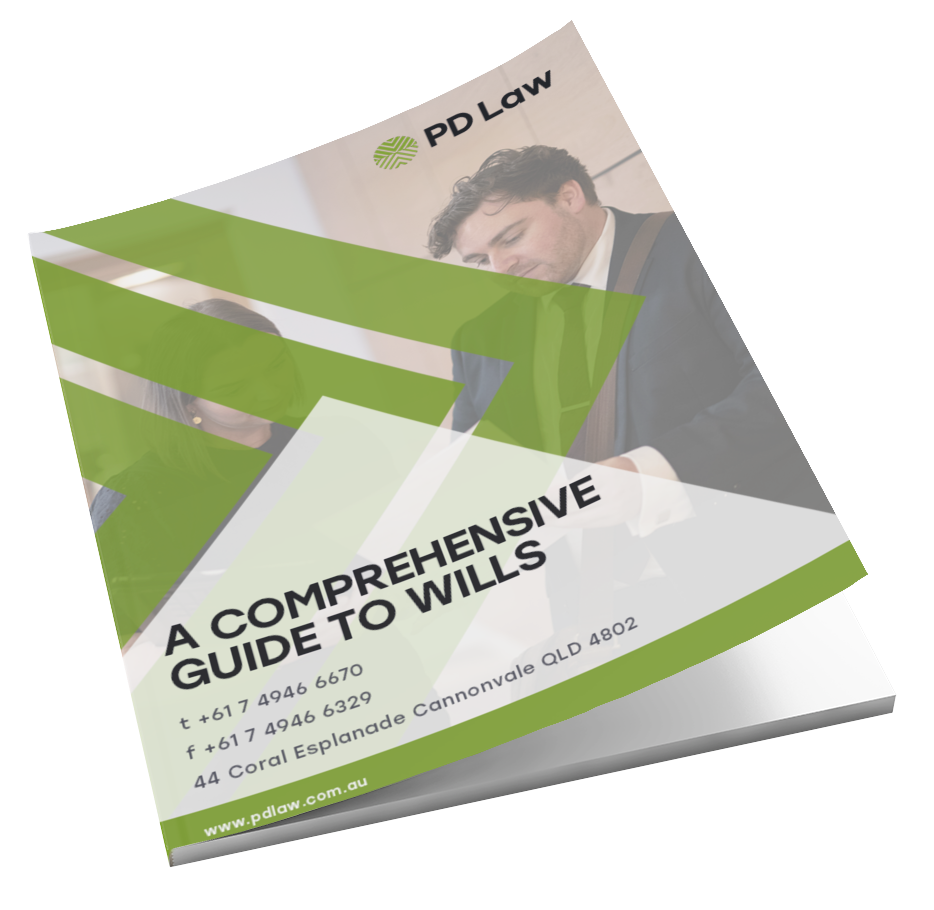The Basics of TDTS
When you consider what you’re leaving behind, it’s important to also consider the structure of your estate and how to leave your loved ones in the best position possible.
Testamentary Discretionary Trusts are very powerful and have multiple benefits including protecting beneficiaries’ inheritances from their own immaturity (being too young), relationship breakdowns, bankruptcy, substance issues, disability issues etc. and they’re also a great tax break. It’s important to note that tax isn’t paid on income which has been distributed to beneficiaries under a TDT.
What is a Testamentary Discretionary Trust?
In simple terms, a testamentary discretionary trust is created under your Will, and comes into effect when you pass away.
How Does it Work?
Rather than your assets being passed directly to your beneficiaries, they are passed to your nominated trustee to be held in a discretionary trust created under the Will. The assets are held in the TDT (by the trustee) for the benefit of your beneficiaries, according to the terms stated in the Will. The Will controls how the TDT is managed.
When the Testamentary Discretionary Trust is drafted, we will ask how you wish to disperse your assets, you may choose to list the whole estate or just a specific portion or portions.
A TDT is discretionary. Your trustee can be given as much or as little discretion as you wish when it comes to distributing the income and assets to the chosen beneficiaries.
What are the Benefits of a Testamentary Discretionary Trust?
Some of the benefits of having a Testamentary Discretionary Trust in place include:
- It gives your beneficiaries flexibility and control over when & how they receive their inheritance.
- Relationship breakdown protection for your beneficiaries.
- Some capacity to “rule from the grave.”
- Minimizes tax.
- Protects your assets.
- Provides for beneficiaries that have disabilities requiring ongoing care.
Who Should Have a Testamentary Discretionary Trust?
It is recommended to consider looking into a Testamentary Discretionary Trust if you have any of the following:
- Children under 18 years old
- Currently have or will have net assets worth over $500,000 (including property, business etc)
- Disabled children requiring ongoing care.
- Beneficiaries at risk or vulnerable
- Beneficiaries engaged in high-risk activities (potential for insolvency)
- Insolvent or incarcerated beneficiaries
- Beneficiaries facing potential relationship breakdowns
- A blended family
To discuss your requirements and the process of creating a Testamentary Discretionary Trust, contact our estate planning team today.



















